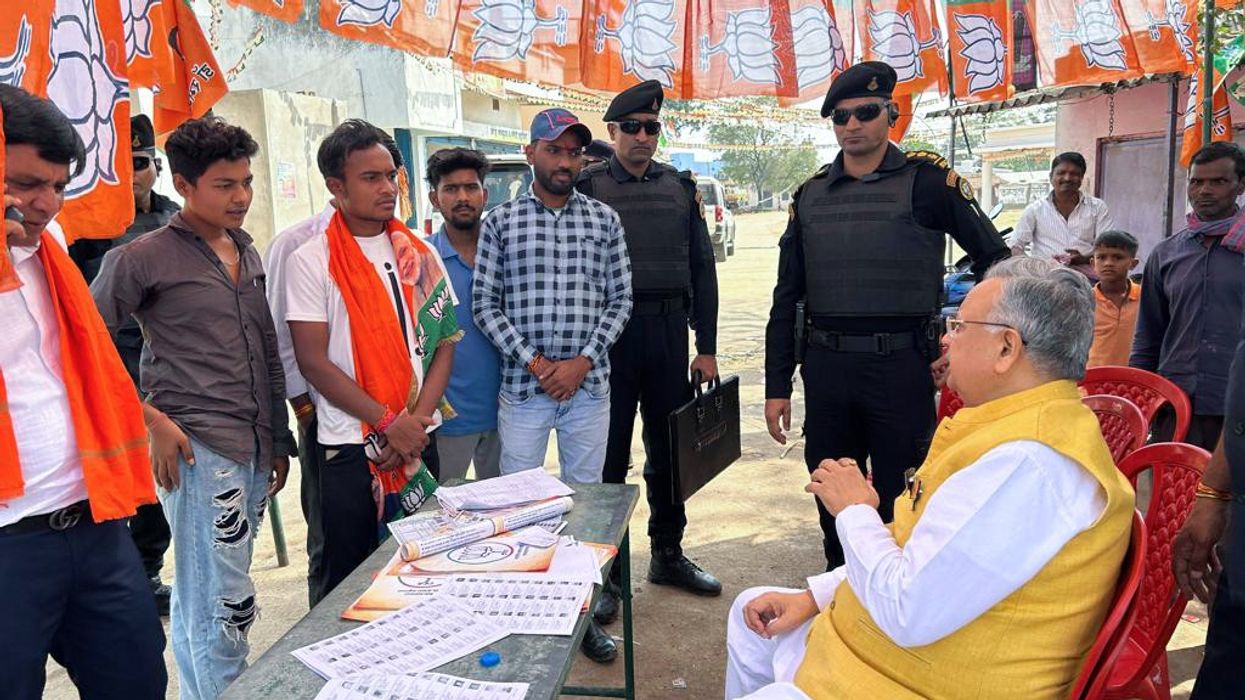TWO of five Indian states due to elect new legislatures this month began voting on Tuesday (7), a big test of prime minister Narendra Modi's chances of winning a third term in a national election due by May.
Modi and leaders of the main opposition Congress party headed by Rahul Gandhi have criss-crossed the five states, addressing campaign rallies and promising cash doles, farm loan waivers, subsidies and insurance covers, among others, to woo voters.
Gandhi has worked hard to revive Congress since its drubbing in the 2019 general elections and helped form an alliance of 28 regional parties to give Modi's Bharatiya Janata Party a tougher fight in 2024.
But surveys suggest Modi remains popular after a decade in power and will likely win a third term.
The new opposition alliance, called the Indian National Developmental Inclusive Alliance (INDIA), has also not been able to extend its unity to this month's state elections due to local rivalries, giving BJP an edge.
More than 160 million people - or about one-sixth of India's total electorate - are eligible to vote in the regional polls being held in four legs until November 30. Votes in all five states will be counted on December 3 and results expected the same day.
The elections in Rajasthan, Madhya Pradesh, Chhattisgarh, Telangana and Mizoram states are mainly a contest between BJP and Congress.
"We are confident of securing a majority in all states," said Raman Singh, a senior BJP leader and former chief minister of the mineral-rich central Indian state of Chhattisgarh, which voted on Tuesday along with Mizoram in the northeast.
Singh said Modi's weekend decision to extend a free food grains programme by five years will help win more votes.
"BJP faces a challenge but results will prove that people are in no mood to experiment and they trust Modi's stable governance," Singh said.
Opinion polls suggest close fights, particularly in the heartland states of Rajasthan, Madhya Pradesh and Chhattisgarh, two of which are ruled by Congress and one by BJP.
"State elections' results before the 2024 polls will showcase the overall public mood and it will tremendously help our opposition bloc to perfect its messaging, coordination and leadership," said Sachin Pilot, a senior Congress leader.
"The aim is to ensure all five states are won by the Congress," he said, adding what he called Modi's failure to create new jobs, address rural distress and exacerbate communal fault lines will lead to BJP's defeat.
(Reuters)













